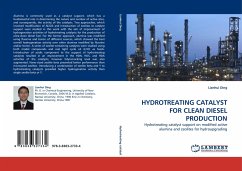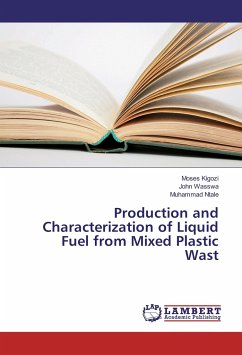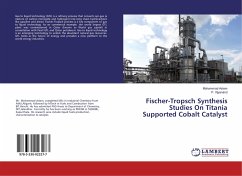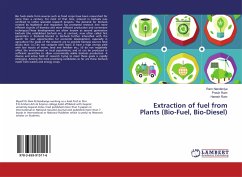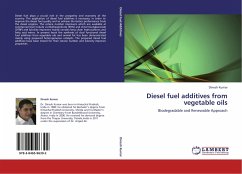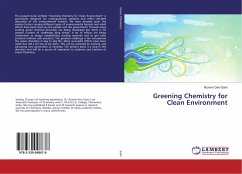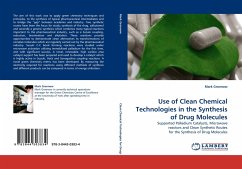Alumina is commonly used as a catalyst support, which has a fundamental role in determining the nature and number of active sites, and consequently, the activity of the catalysts. Two approaches, which involved modification of Al2O3 and introduction of zeolites to catalyst support were studied in this work with the aim of improvement of hydrogenation activities of hydrotreating catalysts for the production of ultra-clean diesel fuel. For the former approach, alumina was modified using fluorine and boron of different sources, which showed the best overall hydrogenation activity over other alumina modified by fluorine and/or boron. A series of zeolite-containing catalysts were studied using both model compounds and real light cycle oil (LCO) as feeds. Introduction of acidic component to the support of hydrotreating catalysts resulted in an improvement in the HDN, HDS, and HDA activities of the catalysts, however hdyrocracking level was also augmented. Nano-sized zeolite beta presented better performance than microsized zeolites. Introducing a combination of zeolite beta and Y to hydrotreating catalysts provided higher hydrogenation activity than single zeolite beta or Y.
Bitte wählen Sie Ihr Anliegen aus.
Rechnungen
Retourenschein anfordern
Bestellstatus
Storno

